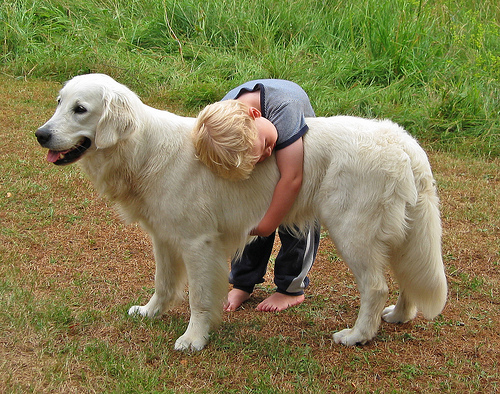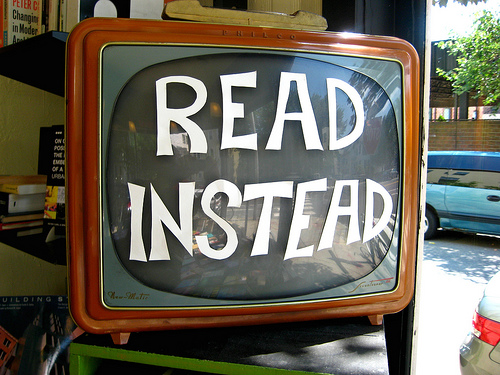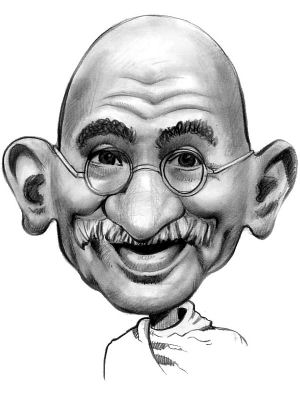How To Never Feel Rejected Again
I’m finding that when I get the same thing occurring in many areas of my life within a very short period of time it’s time for me to learn a very specific lesson.
Recently I found myself feeling rejected, in various ways, in 6 or 7 different situations over the span of a week or so.
Typically it would go something like this:
- I’m looking to make a connection with somebody – to spend time, or go see a movie, say.
- I get enthusiastic & excited, looking forward to this situation.
- They then deny me that connection.
- I feel rejected, & disappointed that it’s not happening.
- I then react badly (get grumpy, upset, or act coldly towards them, etc)
So then we have two people feeling crappy, instead of one.. that can’t be good!
I’ve taken to going for monster 3 hour walks while listening to various soothing podcasts. It’s a wonderful way to get exercise and get things clear in my head.
On one of these recent long walks, I had the following realisations:
The key issue with rejection is this – said person is not behaving the way I want them to. I.e., I’m trying to control them.
If you stop and think about it, wanting to control anyone is the height of arrogance. It’s taking away their own free will, not to mention assuming we know better than they do what’s right for them – and how would we feel if someone else tried to do it to us?
So, when that control fails (as, of course, it will – we can’t ever really control anyone else), I then disapprove of them – ie, I withdraw my love.
Now, for a start this doesn’t tie in well with my intention of unconditional love always.
Secondly, my not feeling rejected is entirely predicated on my control of them succeeding (which, of course, it won’t).
I’d been tying how I loving I feel towards them to whether or not they behaved the way I wanted them to. So, sooner or later I’m going to end up being ‘not loving’ towards them (and as a side issue, feeling crappy myself).
To shortcut the whole rejection thing, I need to let go of the expectation that they will always behave exactly the way I want, or indeed that I have any control over them at all.
Once I let go of wanting to control them, I can choose to love them regardless of their behaviour.
Oh, and voila, since their behaviour makes no difference to this choice I’m never going to feel rejected by anything they do. Sometimes they’ll behave in a way I might enjoy more (which is great), sometimes they won’t (in which case, who cares, it’s their life to do with as they wish).
Of course, I’m always free to remove them from my life if what they’re doing is particularly deleterious to myself – but that’s a whole other conversation.
In summary:
Wanting to control others leads to feeling rejected when this control fails.
Choosing to love (have positive regard towards) them regardless of their behaviour means never feeling rejected again.
If there’s one thing I’m learning in spades, life really can be very, very simple.












